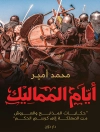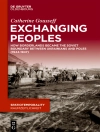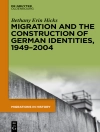In 1974, the Brazilian sports official João Havelange was elected FIFA’s president in a two-round election, defeating the incumbent Stanley Rous. The story told by Havelange himself describes a private odyssey in which the protagonist crisscrosses two thirds of the world canvassing for votes and challenging the institutional status quo. For many scholars, Havelange’s triumph changed FIFA’s (International Federation of Football Association) identity, gradually turning it into a global and immensely wealthy institution. Conversely, the election can be analyzed as a historical event. It can be thought of as a political window by means of which the international dynamic of a specific moment in the Cold War can be perceived. In this regard, this book seeks to understand which actors were involved in the election, how the networks were shaped, and which political agents were directly engaged in the campaign.
लेखक के बारे में
Luiz Guilherme Burlamaqui, Federal Institute of Brasília, Brazil.












